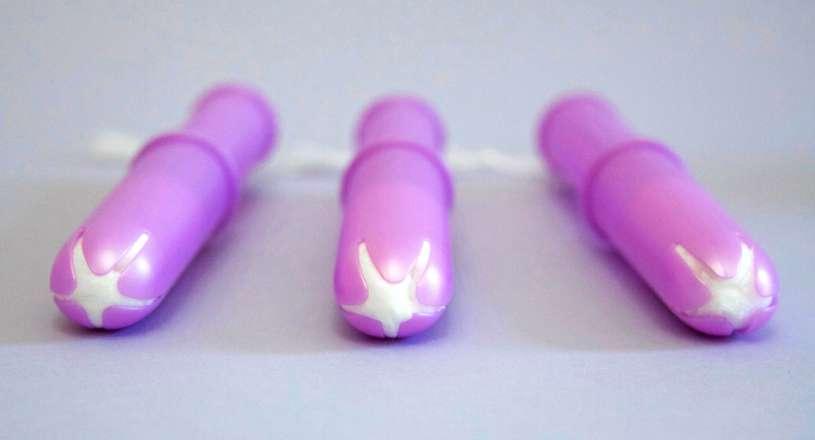Tampons 'disappear' from CDMX for being considered single-use plastics
Before the Law prohibiting single-use plastics that has already entered into force in Mexico City, tampons for feminine hygiene 'disappeared'.
Various brands of tampons that circulated in CDMX were no longer sold at different distribution points such as shopping centers and pharmacies, now women can only find other options such as sanitary pads, daily protectors, reusable underwear and intimate soaps.
The situation bothered the women of the capital who showed their anger through social networks, as they considered the measure a bad decision, and even asked that other products such as garbage bags should also be eliminated.
CDMX says goodbye to plastics; start the ban
The Secretariat of the Environment (Sedema) of the capital, through the General Directorate of Impact Assessment and Environmental Regulation (DGEIRA), reminds the inhabitants of the capital that as of this Friday the commercialization, distribution and delivery of disposable plastics from a only use, so he asked that in this new year that begins, they move to more sustainable lifestyles.
As of this Friday, January 1, 2021, the marketing, distribution and delivery of forks, knives, spoons, mixing sticks, plates, straws, cotton swabs, balloons and balloon rods, glasses and their lids, trays for transporting food, tampon applicators, made entirely or partially of plastics, designed for disposal after a single use, except those that are compostable.
“The main objective with this ban that comes into force as of today is to achieve responsible consumption, where the citizens of the capital are increasingly aware and stop using single-use plastics so as not to generate pollution in the city and the environment. planet. It is about becoming more aware and stopping using disposable plastics so as not to generate pollution to the city and the planet”, assured Andrée Lilian Guigue Pérez, General Director of Impact Assessment and Environmental Regulation (DGEIRA).

He recalled that just a year ago, as part of the entry into force of the new reforms to the Law of Solid Waste of Mexico City, the commercialization, distribution and delivery of single-use plastic bags was also prohibited, under the logic that it is also in the hands of human beings to achieve a better city and a better planet.
For this and with the purpose of verifying that this prohibition was complied with, SEDEMA personnel
visited 2 thousand 76 establishments located in shopping malls and corridors. From January to November 30, 2020, 54 inspection tours were carried out where 174 warnings were applied to premises that did not comply with the regulations.
Guigue Pérez maintained that even in a pandemic, the Government of Mexico City will not back down on the ban on single-use plastic bags and products, since it has been demonstrated by the World Health Organization (WHO) that the virus by Covid-19 remained in the plastic for four days, so he reiterated that reuse and the use of durable products and materials should be privileged to avoid the negative environmental impacts of disposable products.
To reinforce the culture of reuse, Sedema personnel visited 1,432 restaurants and food service establishments from July to December 11 of this year, in order to raise awareness about the impact caused by these products, as well as to remember the prohibition of commercialize, distribute and deliver single-use disposable plastics in the capital.
During 62 informative tours that began in gastronomic corridors of the Cuauhtémoc City Hall, as well as in other establishments in Coyoacán, Insurgentes Norte, Insurgentes Sur, San Ángel, Revolución, Centro de Tlalpan, Acoxpa, Miramontes, Prolongación División del Norte, Napoles, Santa María la Ribera, Del Valle, Agrícola Oriental, Tecamachalco and Lomas de Sotelo, it was detected that 42 percent of these sites stopped delivering plastic disposables.
It is worth mentioning that, for a month, this Secretariat has been reinforcing the campaign "Sustainable city, goodbye to disposables", through which it seeks to raise awareness and create awareness about the elimination of these products from everyday life.
The informative campaign contemplates work and communication actions with the 16 mayors, with merchants, people who work in markets, flea markets, with the media, businessmen, as well as all those companies or businesses that use for the transport and delivery the use of that type of products that next year will be prohibited.
Mexico will make the first payment today for 24 million Sputnik V vaccines: SHCP
MGL




